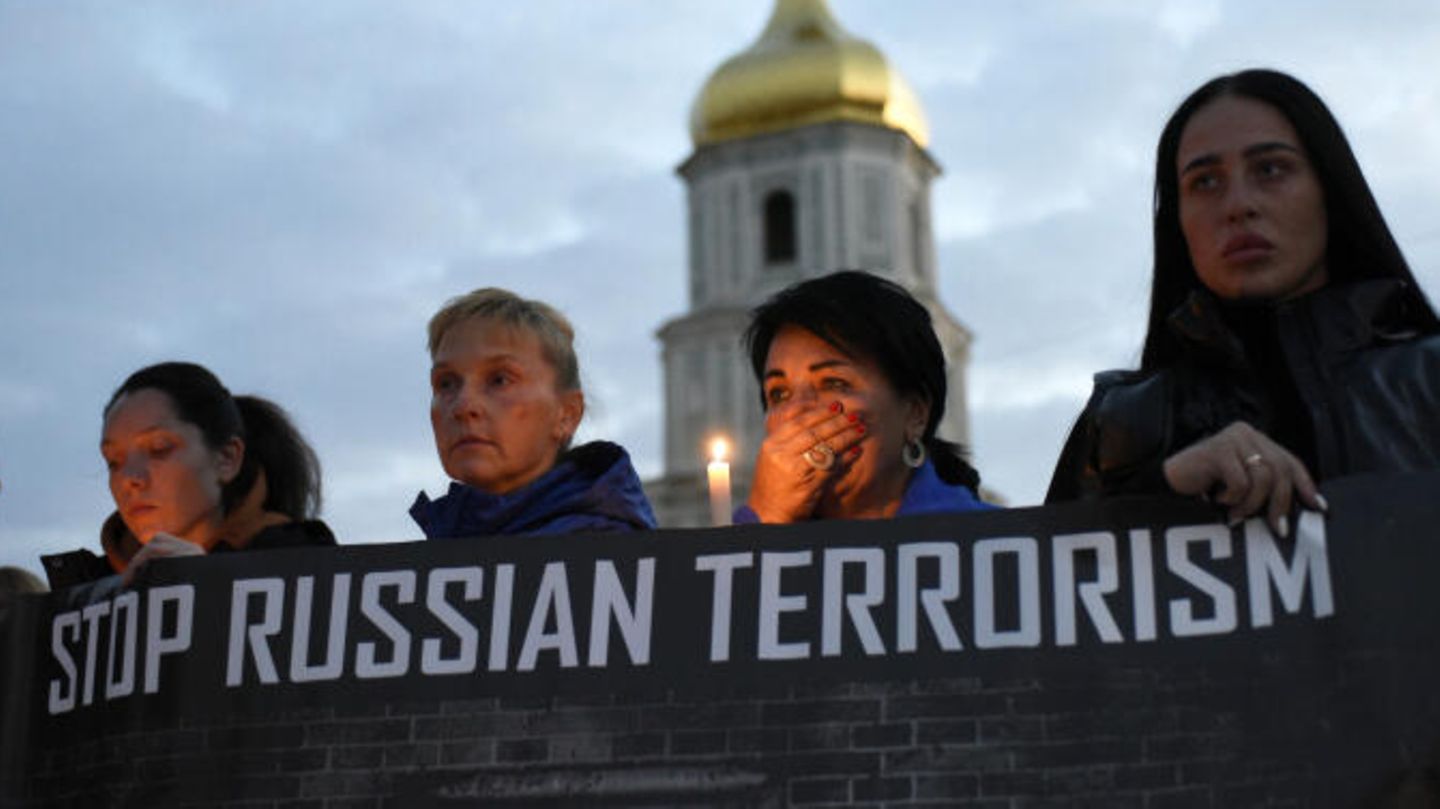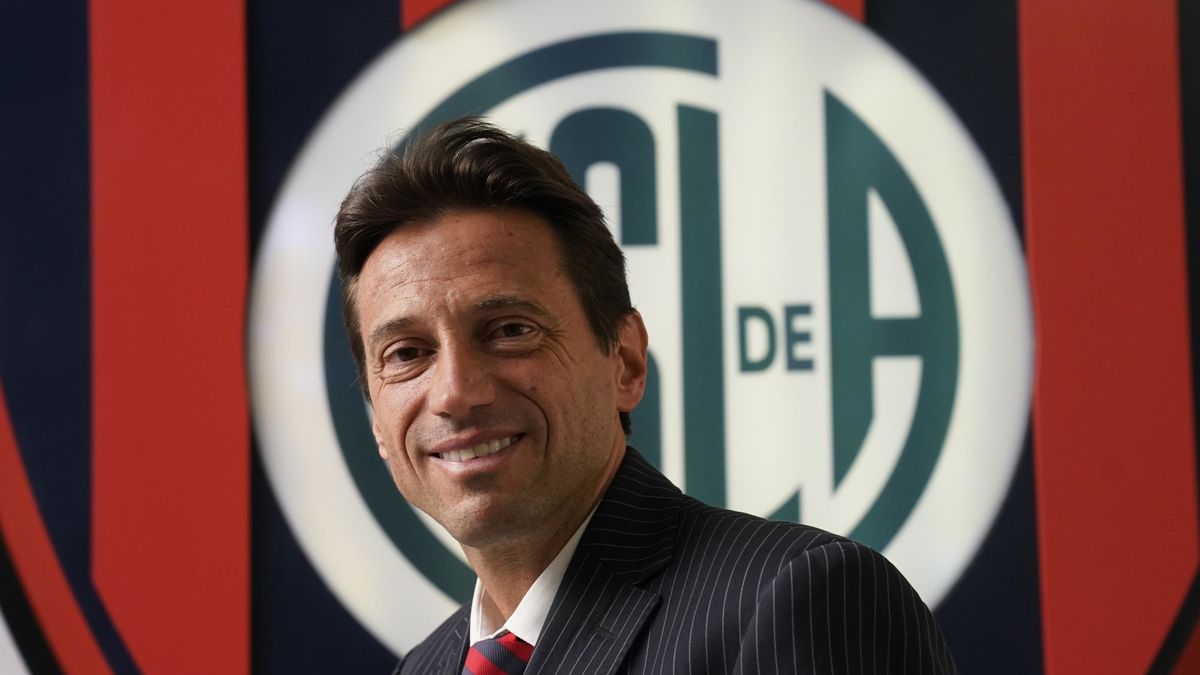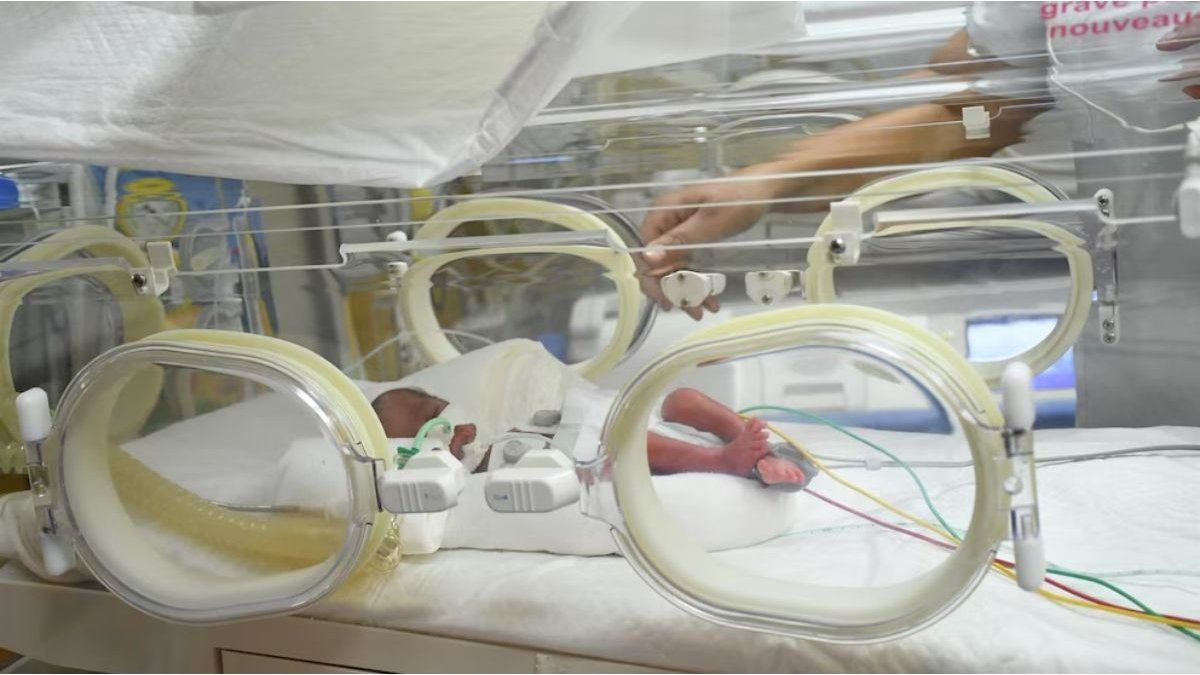Since the start of the war in Ukraine, concerns have grown about Russia’s treatment of Ukrainian prisoners. Now the United Nations is reporting hundreds of cases of groundless arrests, disappearances and torture in Russian prisons.
In some Russian prisons there is a kind of “welcoming process”. When new Ukrainian prisoners arrive there, the guards form a corridor that they have to walk through. They are beaten with “chains, metal pipes or the like,” reports Stas Hlushko of “”. The 37-year-old Ukrainian was released from the notorious Russian prison camp in Olenivka in early July. Soldiers were tortured worse than civilians like himself, says Hlushko. In his cell there was a man from the emergency services who could not move for a day after being shocked with electric batons.
Eyewitness accounts like Hlushko’s are no longer isolated cases. The United Nations are now also talking about a “dramatic increase in violations of the law”.
Since the Russian troops marched in, hundreds of cases of arbitrary arrests and disappearances have been documented, according to Matilda Bogner, head of the UN human rights monitoring mission in Ukraine. In addition, there is increasing evidence of torture and ill-treatment of Ukrainian prisoners, which – if proven – could constitute war crimes.
Serious allegations against Russia: Hundreds of cases of arbitrary arrests
According to the United Nations, at least 416 people have been arbitrarily arrested or abducted by Russian forces since the war began in February. 16 of them were found dead, and 166 people were released. According to the UN observers, at least four pregnant women are also in the custody of Moscow’s troops. “We urge the Russian Federation to consider the immediate release of these women on humanitarian grounds,” Bogner said.
The Head of Mission also warned that conditions in some Russian detention centers posed a serious threat to the health of detainees. Accordingly, there is insufficient food, water and sanitary facilities in several camps.
The UN mission was particularly concerned about the situation in the penal colony of Olenivka in Donetsk in eastern Ukraine. There were reports of prisoners of war suffering from infectious diseases such as hepatitis A and tuberculosis. Prison camp number 120 was after explosions on the night of July 29 killed 53 Ukrainian prisoners. The circumstances remain unclear to this day, as neither the International Committee of the Red Cross (ICRC), nor independent investigators, let alone representatives from Kyiv, have been given access.
Ukraine also has to answer for kidnappings
According to the UN mission, the other side must also answer for crimes. A total of 51 cases of arbitrary arrests and 30 cases of disappearances pointed to Ukrainian forces, Head of Mission Bogner announced. She also found that Russian prisoners of war had also been mistreated – mostly when they were arrested, during the first interrogations and during transport to prison camps. These actions could also amount to war crimes, Bogner explained.
In contrast to the Russian authorities, however, the United Nations had “unrestricted” access to the detention centers from the Ukrainian side. The mission in Ukraine visited around 160 prisoners of war and discovered that most of them were being held in cells that were too small. Only one camp met international standards.
Russia, on the other hand, had denied the UN mission’s observers access to detention centers. Faced with the statement by the United Nations, , to comment on the allegations. His reasoning: he did not have enough information about the interactions between the UN team and the Russian authorities on the ground.
Despite counter-offensive little hope for Ukrainian prisoners
The new allegations by the United Nations come at a time when Ukraine is making important military achievements of its own. Kiev’s troops have pushed back the Russian occupiers in some areas in the east and south of the country in recent days. But the counter-offensive did not go unanswered. On Sunday, Ukraine reported widespread power outages as a result of Russian attacks on critical infrastructure.
“What the Russians did yesterday was terror,” military expert Carlo Masala sums up in the current issue of . Only Russia would retaliate against a military attack by Ukraine with blows against the civilian population. According to the Interfax news agency, Kremlin spokesman Peskov also confirmed: “The military special operation will continue. It will continue until the initially set goals have been achieved.”
For all the Ukrainians who have been taken prisoner, this means little hope for improvement.
Sources: “”, “”, “”, with AFP material
Source: Stern
David William is a talented author who has made a name for himself in the world of writing. He is a professional author who writes on a wide range of topics, from general interest to opinion news. David is currently working as a writer at 24 hours worlds where he brings his unique perspective and in-depth research to his articles, making them both informative and engaging.




